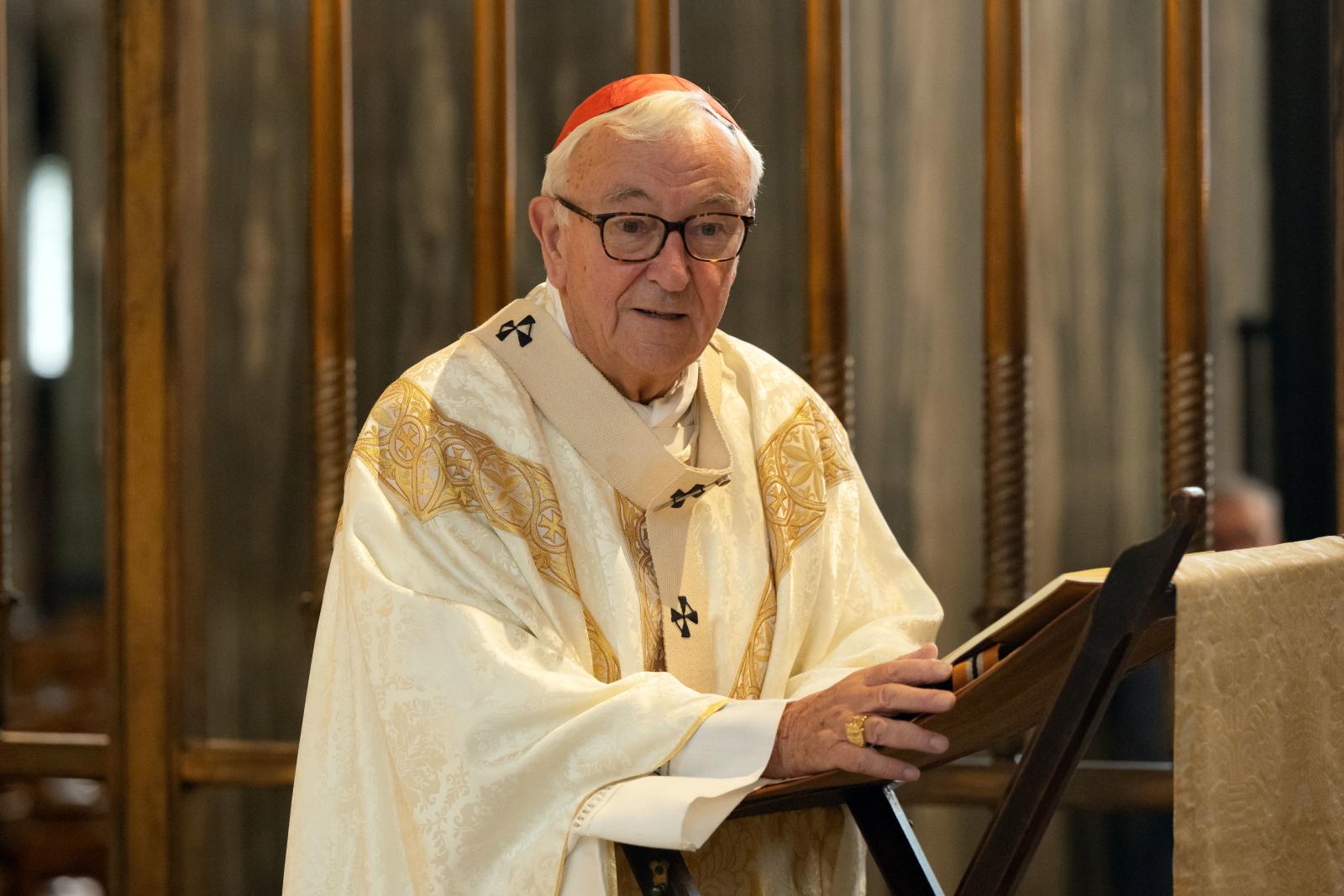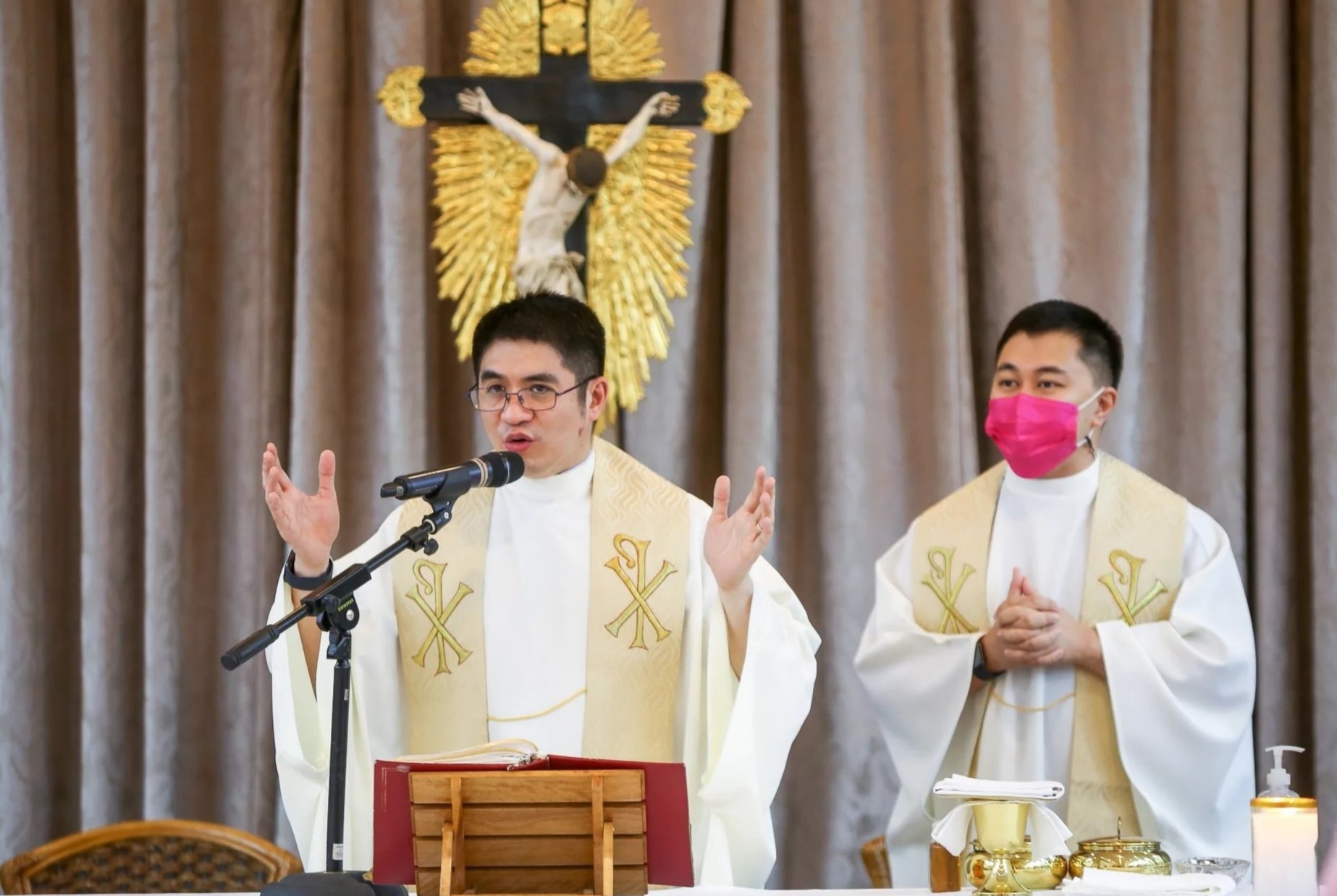
What exactly is secular clergy? Secular clergy, also known as non-religious chaplains, provide spiritual support in settings like hospitals, prisons, and schools without adhering to any specific religious doctrine. They focus on offering emotional, psychological, and philosophical guidance to those in need. Unlike traditional clergy, secular clergy embrace a non-denominational approach, ensuring inclusivity for individuals of all faiths or none. Their roles are diverse, ranging from hospital chaplains to school counselors, and they often collaborate with healthcare professionals, facilitate interfaith dialogue, and support mental health. This article explores 20 key facts about secular clergy, shedding light on their significant contributions to modern society.
Understanding Secular Clergy
Secular clergy, also known as non-religious chaplains, provide spiritual support in various settings without adhering to any specific religious doctrine. They focus on emotional, psychological, and philosophical guidance.
-
Definition and Scope
Secular clergy offer spiritual guidance in non-religious contexts. They work in hospitals, prisons, schools, and other institutions, providing a sense of community and support. -
Role in Hospitals
In hospitals, secular clergy serve as chaplains, offering emotional support to patients, families, and medical staff. They lead meditation sessions, provide counseling, and discuss end-of-life care. -
Prison Chaplaincy
In prisons, secular clergy address inmates' spiritual needs. They lead group discussions, offer one-on-one counseling, and help inmates find meaning and purpose despite their circumstances.
Secular Clergy in Educational Settings
Secular clergy play a vital role in educational institutions, helping students navigate personal issues and ethical dilemmas.
-
Educational Settings
Secular clergy serve as school chaplains or counselors, guiding students through personal issues, ethical dilemmas, and fostering a sense of community. -
Training and Education
They undergo extensive training in counseling, psychology, and philosophy. Certification from organizations like the Association of Professional Chaplains (APC) or the National Association of School Psychologists (NASP) is common. -
Non-Denominational Approach
Secular clergy do not promote any specific religion. They provide universal spiritual support, inclusive of all faiths and none.
Cultural Sensitivity and Confidentiality
Secular clergy must be culturally sensitive and maintain confidentiality to effectively support individuals from diverse backgrounds.
-
Cultural Sensitivity
They must be aware of different cultural practices and traditions that influence an individual's spiritual journey. -
Confidentiality
Bound by confidentiality, secular clergy maintain the trust and privacy of those they counsel, ensuring discussions remain private unless there's a risk of harm.
Facilitating Interfaith Dialogue and Ethical Dilemmas
Secular clergy often bring together individuals from different religious backgrounds and navigate complex ethical dilemmas.
-
Interfaith Dialogue
They facilitate interfaith dialogue, promoting understanding and respect among diverse communities. -
Ethical Dilemmas
Secular clergy encounter ethical dilemmas, such as supporting individuals with conflicting beliefs or navigating end-of-life care complexities.
Community Building and Mental Health Support
Building community and providing mental health support are crucial aspects of a secular clergy's role.
-
Community Building
They organize events, lead group discussions, and foster a sense of belonging among individuals who may feel isolated. -
Mental Health Support
Secular clergy help individuals cope with stress, anxiety, and depression, offering immediate support and referring to mental health professionals if necessary.
Encouraging Spiritual Exploration and Inclusivity
Secular clergy encourage individuals to explore their own beliefs and strive to be inclusive.
-
Spiritual Exploration
They help individuals discover their own beliefs and values, exploring different faith traditions, practicing mindfulness, or engaging in philosophical discussions. -
Inclusivity
Secular clergy welcome individuals from all walks of life, recognizing that everyone has a unique spiritual journey.
Collaboration and Crisis Intervention
Secular clergy often collaborate with healthcare professionals and provide crisis intervention.
-
Collaboration with Healthcare Professionals
In healthcare settings, they work with doctors, nurses, and other medical staff to address patients' holistic needs. -
Crisis Intervention
Trained in crisis intervention, secular clergy help individuals navigate traumatic events, providing immediate support and connecting them with resources.
Supporting Death and Dying
Secular clergy play a significant role in supporting individuals and families through the process of death and dying.
- Death and Dying
They facilitate discussions about end-of-life care, provide emotional support, and offer guidance on coping with loss.
Secular Clergy in the Military
In military settings, secular clergy provide spiritual support to soldiers and their families.
- Chaplaincy in the Military
They help soldiers cope with the stresses of war and offer guidance on maintaining a sense of purpose and meaning.
Challenges and Future of Secular Clergy
Secular clergy face unique challenges and their role is evolving with increasing recognition of their importance.
-
Challenges Faced by Secular Clergy
They navigate the complexities of non-religious settings and deal with individuals who may have conflicting beliefs or values. -
Future of Secular Clergy
As more institutions recognize the value of spiritual support, the demand for trained secular clergy is likely to grow, leading to new opportunities in this field.
The Growing Importance of Secular Clergy
Secular clergy play a crucial role in providing spiritual support in various settings like hospitals, prisons, and schools. Their non-denominational approach ensures inclusivity, making spiritual guidance accessible to everyone, regardless of their faith or lack thereof. They help build communities, offer mental health support, and encourage spiritual exploration. With extensive training in counseling, psychology, and philosophy, they are well-equipped to handle ethical dilemmas and crisis intervention.
As society evolves, the demand for secular clergy is likely to increase. Their ability to collaborate with healthcare professionals and provide comprehensive care highlights their growing importance. By fostering interfaith dialogue and maintaining confidentiality, they create a safe space for individuals to explore their beliefs and find meaning in their lives. The future looks promising for secular clergy, as more institutions recognize the value they bring to modern society.
Was this page helpful?
Our commitment to delivering trustworthy and engaging content is at the heart of what we do. Each fact on our site is contributed by real users like you, bringing a wealth of diverse insights and information. To ensure the highest standards of accuracy and reliability, our dedicated editors meticulously review each submission. This process guarantees that the facts we share are not only fascinating but also credible. Trust in our commitment to quality and authenticity as you explore and learn with us.


